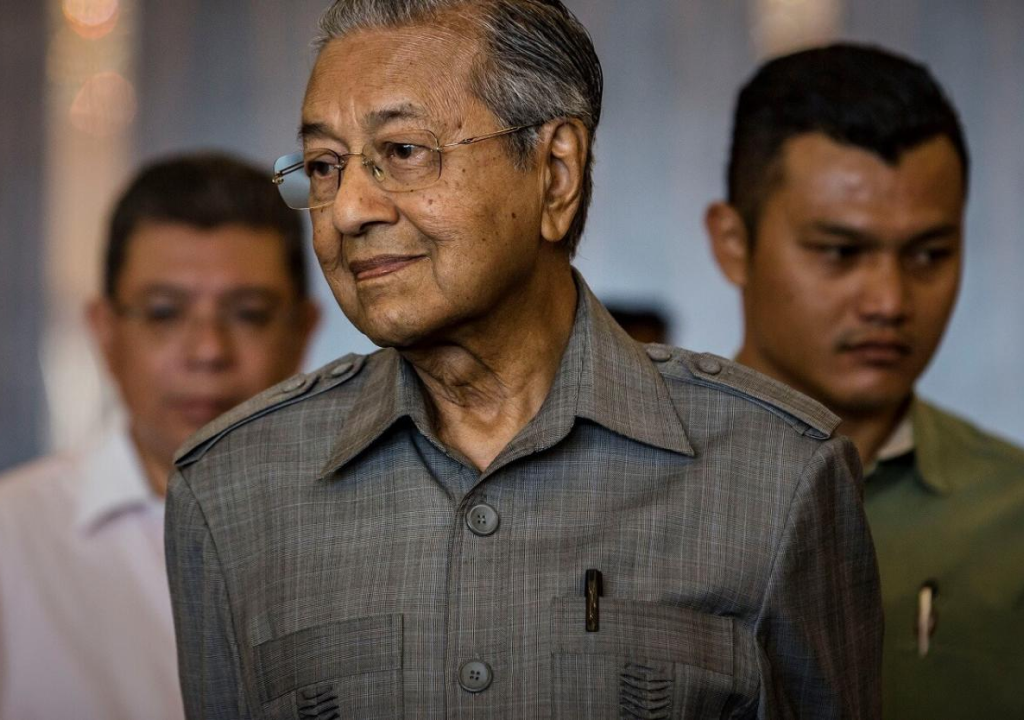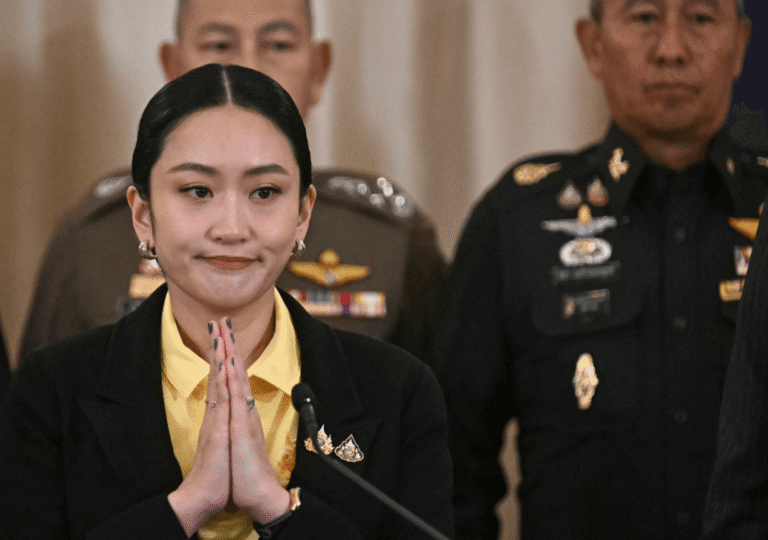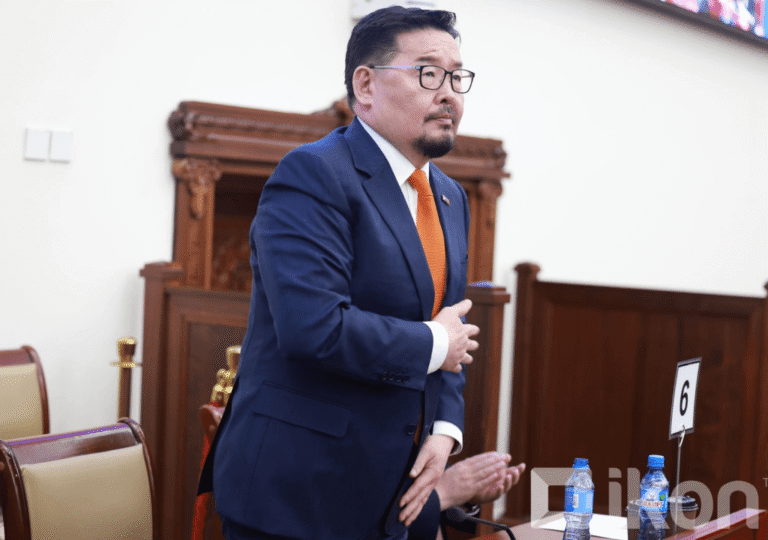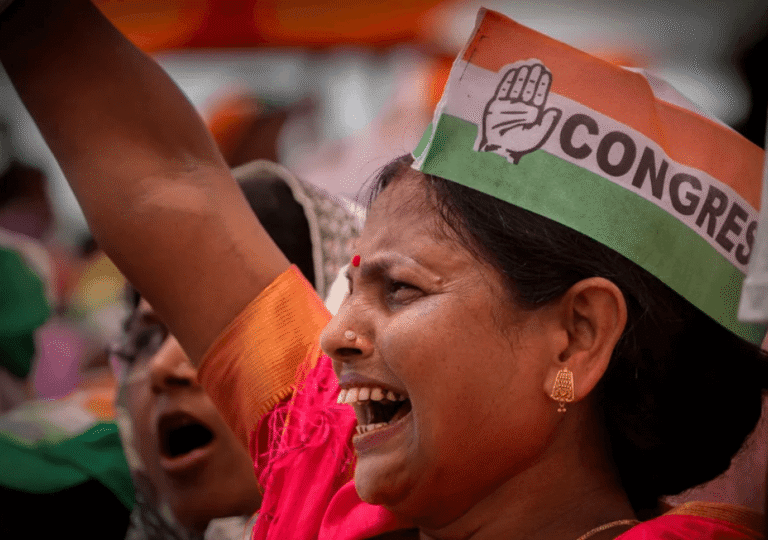Ruling a multi-ethnic nation within a democratic system presents undeniable challenges, yet Malaysia distinguishes itself with diverse communities harmoniously coexisting. The nation’s demographics reflect a myriad of ethnic groups, with the majority hailing from Austronesian origin, primarily Malays. Significantly, substantial contributions from Chinese and Indian minorities enrich Malaysia’s cultural diversity. The country has realized noteworthy economic and welfare advancements through the integration of various ethnicities. Nevertheless, the political landscape remains confronted by challenges, especially in addressing racial comments.
A recent incident involved former Prime Minister Mahathir Mohamad, who made a controversial statement during an interview with an Indian television channel, Thanthi TV. Dr. Mahathir alleged that the Indian and Chinese communities in Malaysia do not fully embrace Malaysian identity, suggesting that their loyalty lies with their countries of origin. Furthermore, he advocated for non-Malays to assimilate and “become Malay.” These remarks sparked criticism from various leaders who condemned them as racist.
In the past months, Dr. Mahathir has consistently advocated for assimilating minorities to create a monoethnic Malaysia. His alignment with Parti Bumiputera Perkasa Malaysia (Putra), led by Datuk Ibrahim Ali, signals his support for the Malay supremacist group Perkasa. This development has intensified the debate on the path Malaysia should take regarding its diverse cultural landscape.
The recent racist remarks made by Tun Dr. Mahathir Mohamad against the Indian community in Malaysia have drawn criticism from Prime Minister Datuk Seri Anwar Ibrahim, who described them as irresponsible and irrelevant. The finance minister, Anwar, emphasized the value of appreciating and accepting every Malaysian for who they are, regardless of their origins. Given that Dr. Mahathir was a former prime minister, he thought that Dr. Mahathir’s statement was improper. Anwar brought up the fact that Mahathir has a history of disparaging remarks about different ethnicities, such as calling Chinese and Indians less devoted and Malays are lazy, without him. Anwar voiced his strong opposition to Mahathir’s remarks, claiming that they were a calculated attempt to deflect attention away from important matters.
Voon Lee Shan, president of Parti Bumi Kenyalang, emphasized the importance of acknowledging the contributions made by ethnic Chinese and Indians in areas like the economy and education. Voon emphasized that these groups, together with Malaysians of other ethnic backgrounds, were essential to the development of the country’s economy. Furthermore, he pointed out that a large number of Chinese and Indian people succeeded financially without receiving a lot of help from the government and then gave back to society by paying taxes; there are no examples of these communities’ personalities being investigated or prosecuted in Malaysia for tax evasion.
Minister for National Unity Datuk Aaron Ago Dagang conveyed his dissatisfaction with Dr. Mahathir’s remarks, stressing that the veteran lawmaker ought to act as an example of harmony instead of inciting conflict. In his remarks, Mahathir claimed that “Indian society in Malaysia is still not completely loyal to this country because they identify with their country of origin.” Dagang denounced this claim. The method of national integration, not assimilation, has been ingrained in the nation’s ideals for 60 years, Dagang emphasized, and Malaysia gained independence through a social contract. He underlined that Malaysians adopt this strategy as a way of life.
Speaking in their mother tongues and engaging in their own cultures should not be grounds for questioning the loyalty of the Indian and Chinese minorities, according to Digital Minister Gobind Singh Deo. Deo reminded Mahathir that Malaysians of all races have made substantial contributions to the country’s development and begged him to desist from making inflammatory remarks. He cited the clear statement in the Federal Constitution that discrimination on the grounds of gender, race, place of birth, religion, or descent is forbidden unless otherwise permitted.
Former Klang MP Charles Santiago criticized Mahathir’s remarks, labelling them as “venom” and called for action against him for making potentially harmful and divisive statements in the multicultural society of Malaysia. Santiago argued that Mahathir’s encouragement of bigotry and hate goes against the principles of unity, undermining any positive contributions he may have made to the country.
Former DAP MP Kasthuri Patto expressed her disagreement with Dr. Mahathir’s comments, asserting that he should be the last person to speak about loyalty. Thiban Subbramaniam, the PKR chief in Kuala Selangor, filed a police report against Mahathir, accusing him of making inflammatory statements against the Chinese and Indian communities. Subbramaniam expressed confidence in the police taking necessary action on issues related to race, religion, and royalty (3R).
Amira Aisya Abd Aziz, Acting Muda president, called for an apology from the former premier, stating that Mahathir’s remarks put Malaysian-Indians in the position of having to defend themselves against prejudicial comments. Amira emphasized the loyalty of Malaysians to their country and rejected accusations and belittlement based on loyalty.
In contrast, Malay Proclamation Secretariat chairman Khairuddin Abu Hassan defended Mahathir, asserting that he had been misunderstood. Khairuddin urged people to understand Mahathir’s statement in both explicit and implicit ways and cautioned against twisting his words out of context to sensationalize news that could fuel racial tensions. Khairuddin highlighted Mahathir’s advice to Malays not to be envious of other races and encouraged them to work consistently to regain the dignity of the people.
In light of the increasing prevalence of far-right politics and ethnic tensions worldwide, Mahathir’s statement underscores the necessity for heightened regulation of racial slurs, especially in today’s era of unpredictable social media dynamics. For a nation that prides itself on its multi-ethnic culture, Mahathir’s remark is undeniably regrettable and deemed unacceptable.








